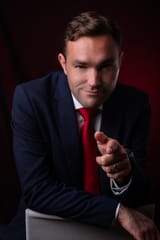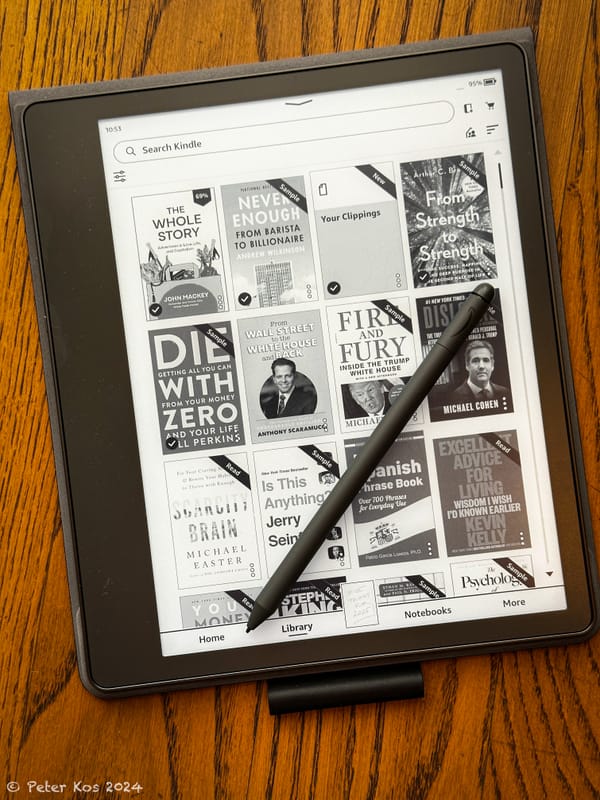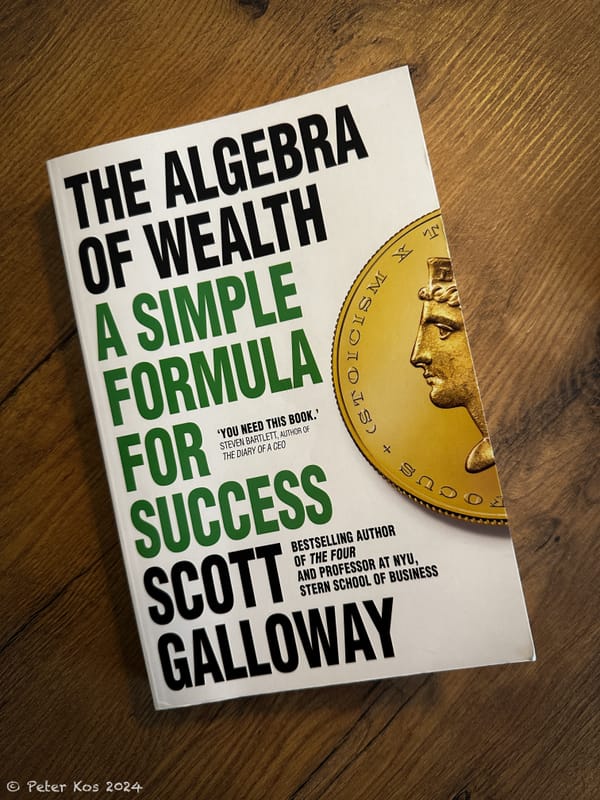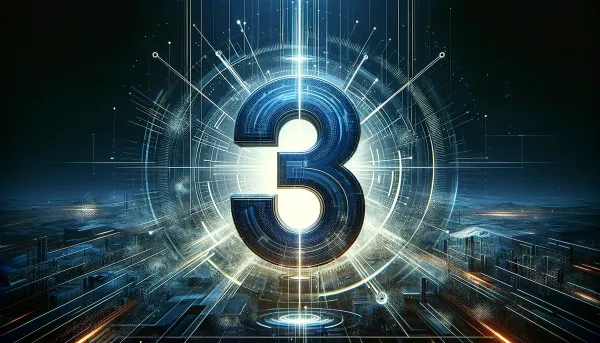The War of Art by Steven Pressfield

This is one of the cult books for artists in all fields, and it’s been on my list for a while. I pulled the trigger for the paperback on Amazon after Seth Godin mentioned he practically stole from Steve.
The War of Art appeals to the artist in me, and that’s the only way I can judge it — I have zero clues how it might appeal to you. But I believe that every person has a creative side to them, be it writing, painting, assembling Legos, or whatever. And if you feel you want to get deeper into your craft, this book is for you.

I’ve read 70% of The Practice before picking this one out, and I’d say The Practice is a sort of a better (and secular) sequel to The War of Art. I’m biased, for I feel Seth’s voice much better than Steven’s, and while I don’t consider myself an atheist, the God references in the third part didn’t really appeal to me. But don’t get me wrong — it’s a good book, and I devoured it super fast because I love the short chapters. It’s how I write and how I think.
Here are some random highlights from The War of Art by Steven Pressfield:
If you find yourself asking yourself (and your friends), “Am I really a writer? Am I really an artist?” chances are you are.
The counterfeit innovator is wildly self-confident. The real one is scared to death.
Friends sometimes ask, ”Don’t you get lonely sitting by yourself all day?” At first it seemed odd to hear myself answer No. Then I realized that I was not alone; I was in the book; I was with the characters. I was with my Self.
I washed up in New York a couple of decades ago, making twenty bucks a night driving a cab and running away full-time from doing my work.
The amateur believes he must first overcome his fear; then he can do his work. The professional knows that fear can never be overcome. He knows there is no such thing as a fearless warrior or a dread-free artist.
Miraculously, cancers go into remission. People recover. Is it possible, Tom Laughlin asks, that the disease itself evolved as a consequence of actions taken (or not taken) in our lives? Could our unlived lives have exacted their vengeance upon us in the form of cancer? And if they did, can we cure ourselves, now, by living these out?
We’re not born with unlimited choices.
We can’t be anything we want to be.
We come into this world with a specific, personal destiny.
We have a job to do, a calling to enact, a self to become. We are who we are from the cradle, and we’re stuck with it.
Our job in this lifetime is not to shape ourselves into some ideal we imagine we ought to be, but to find out who we already are and become it.
A hack, he says, is a writer who second-guesses his audience. When the hack sits down to work, he doesn’t ask himself what’s in his own heart. He asks what the market is looking for.
We humans have territories too. Ours are psychological. Stevie Wonder’s territory is the piano. Arnold Schwarzenegger’s is the gym. When Bill Gates pull into the parking lot at Microsoft, he’s on his territory. When I sit down to write, I’m on mine.
Are you a born writer? Were you put on earth to be a painter, a scientist, an apostle of peace? In the end the question can only be answered by action.
Do it or don’t do it.





